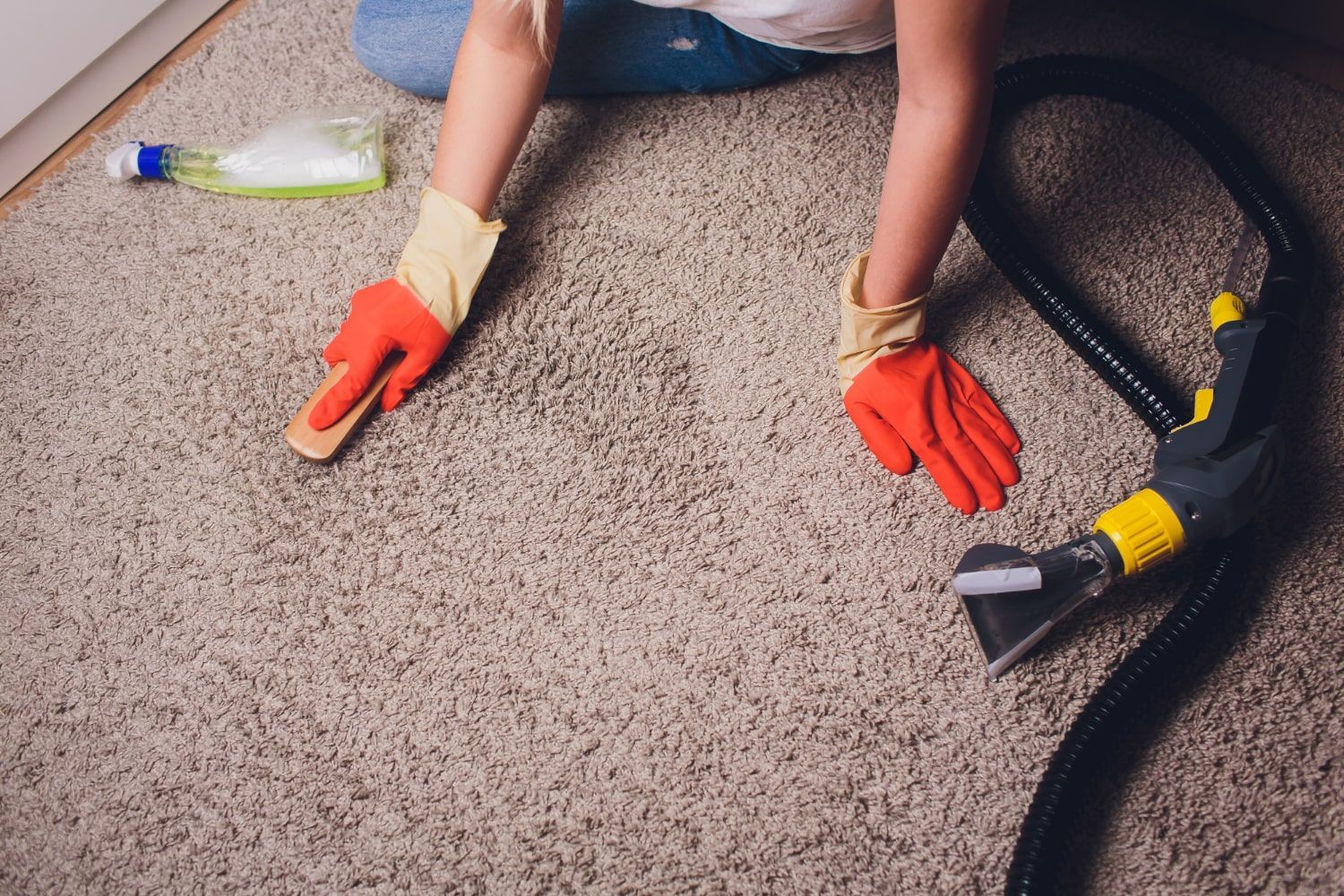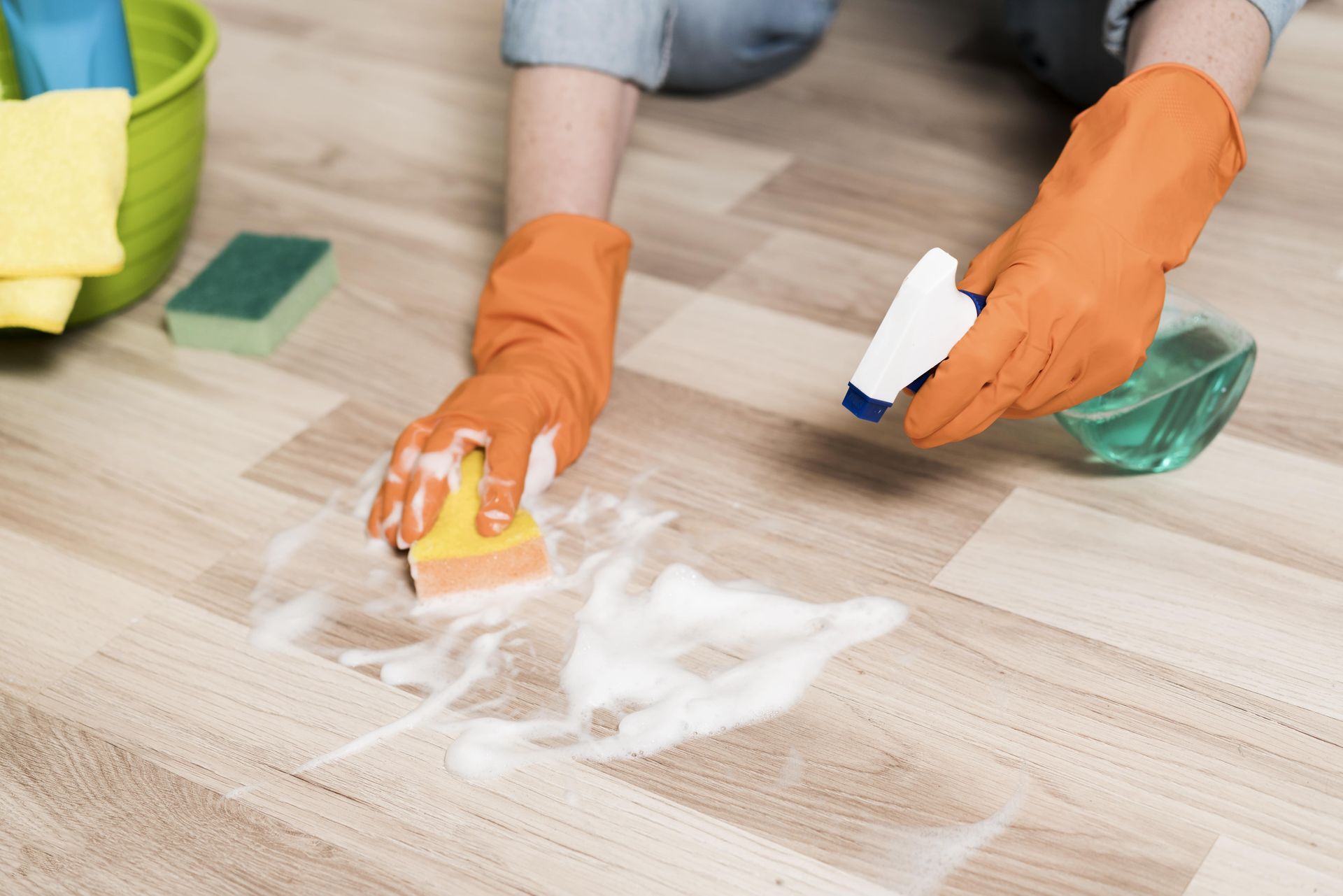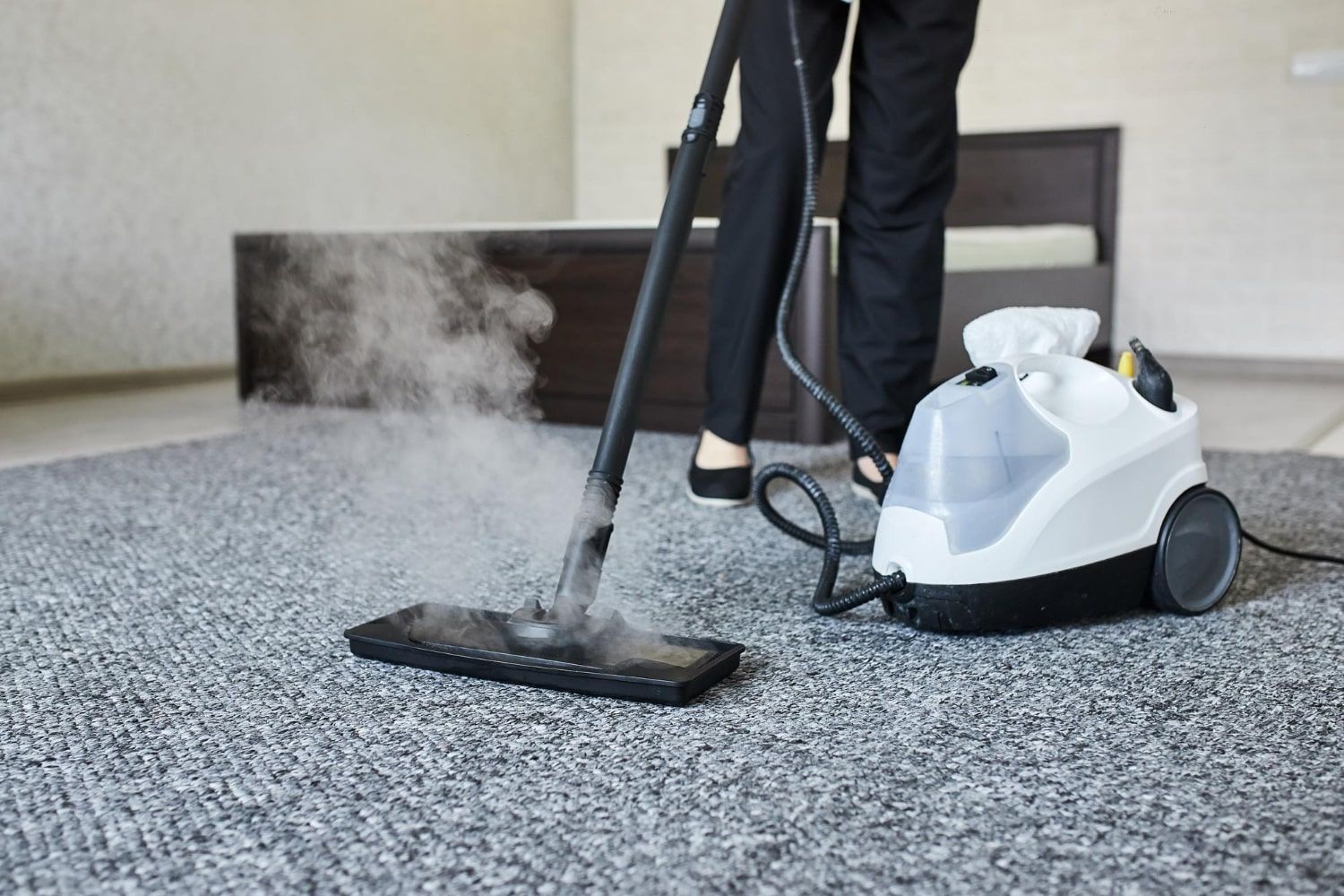The Hidden Dangers of Delaying Emergency Water Extraction
When it comes to home maintenance, the term "emergency water extraction" is not one that often comes to mind - until it's too late. The immediate response to water damage is crucial, yet many homeowners underestimate the severity of delaying emergency water extraction. This oversight can lead to a myriad of problems, some visible and others lurking beneath the surface, all of which can have lasting impacts on your property and health.
Immediate Risks of Water Damage
The first 48 hours following any water incident are critical. Immediate emergency water extraction can mitigate the risks of structural damage to your property. Water, by its nature, can seep into the tiniest of cracks and crevices, weakening the integrity of your home's structure. Additionally, wet environments are breeding grounds for electrical hazards. There's the risk of short circuits which not only damage your electrical systems but can also pose a serious threat to your safety. A quick response to water damage is also vital in preventing the growth of mold and mildew, which can start to develop within 24 hours in damp conditions.
Long-Term Consequences
The aftermath of delaying emergency water extraction extends far beyond the initial inconvenience. Over time, the persistent presence of water can inflict severe long-term damage to a property. Prolonged exposure to moisture weakens structural components such as beams and foundations, leading to costly repairs and even threatening the building's integrity. Flooring, especially if made of wood or laminate, can warp and swell. The walls may show signs of water stains, peeling paint, or wallpaper, and in extreme cases, develop cracks due to the compromised structure. Furthermore, the damp environment is detrimental to furniture and upholstery, causing them to rot or develop foul odors. These physical damages are just the tip of the iceberg. There's also a significant impact on the property's value. Homes with a history of water damage often see a decrease in market value, as potential buyers are wary of the risks and potential future expenses. The long-term consequences of unaddressed water damage, therefore, extend from tangible physical damage to financial losses.
Mold and Mildew: A Hidden Threat
Amidst these consequences, the growth of mold and mildew stands out as a particularly insidious threat. Mold thrives in moist environments and can start to develop within 24 to 48 hours after water exposure. Its spores spread quickly and can infiltrate air ducts, carpets, and furniture, making complete eradication challenging. The presence of mold is not just a matter of aesthetics or property damage; it poses significant health risks. Exposure to mold can cause a range of respiratory problems, allergic reactions, and in severe cases, lead to chronic lung illnesses. People with asthma or allergies may be particularly susceptible, but even otherwise healthy individuals can experience symptoms such as coughing, wheezing, and throat irritation. Children, the elderly, and those with compromised immune systems are at a higher risk. Mold remediation is a complex and often expensive process, requiring specialized equipment and safety measures. The best strategy against mold and mildew is prevention through prompt and effective water extraction and drying. Neglecting the need for immediate emergency water extraction not only risks the physical structure of your home but also the health and well-being of its inhabitants.
Financial Implications
The financial impact of delaying emergency water extraction can be substantial. Immediate extraction costs are often significantly lower than the expenses incurred due to long-term damage. Additionally, insurance companies may have policies regarding timely responses to water damage, and delays can complicate claims or lead to denials. Homeowners can thus find themselves burdened with the long-term financial costs of repairs and restorations that could have been mitigated or avoided.
Psychological Impact
Living in a home that has suffered water damage can be incredibly stressful. The constant reminder of the damage, coupled with the disruption to daily life, can take a toll on mental health. It's not just the physical environment that suffers; the emotional well-being of the household can be severely impacted as well.
Case Studies
Real-life examples underscore the importance of prompt emergency water extraction. Consider the case of a family who delayed addressing a water leak in their basement. Over time, the dampness led to extensive mold growth, resulting in thousands of dollars in remediation costs and serious health issues for the family members. In contrast, another family immediately sought emergency water extraction services after a flood, which significantly reduced the damage and subsequent costs.
Professional Water Extraction Services
When faced with water damage, the expertise and efficiency of professional water extraction services are invaluable. These services play a critical role in not only removing water but also in preventing further damage and ensuring the safety and longevity of your property. Here’s a deeper look at why opting for professional services is a wise choice:
- Advanced Equipment and Techniques: Professionals are equipped with industrial-grade equipment such as powerful water extractors, dehumidifiers, and air movers. These tools are far more effective than standard household equipment. They also employ advanced techniques to ensure thorough drying of the affected area, including hard-to-reach spaces.
- Rapid Response and Efficiency: Time is of the essence in emergency water extraction, and professional services understand this urgency. They often offer rapid response times to mitigate damage quickly. Their efficiency in water removal and drying processes significantly reduces the risk of mold growth and structural damage.
- Expert Knowledge and Experience: Professionals in emergency water extraction have the training and experience to handle various types of water damage scenarios. They can assess the extent of the damage, identify potential risks, and formulate a plan to effectively restore the area. This expertise is crucial in preventing secondary damage and ensuring a thorough job.
- Mold Prevention and Remediation: One of the biggest threats following water damage is the growth of mold and mildew. Professional water extraction services often include mold prevention measures as part of their process. In cases where mold has already started to develop, they can also provide remediation services to safely and effectively remove the mold.
- Health and Safety Compliance: Water damage situations, especially involving ‘black water’ or sewage spills, can pose significant health risks. Professionals are trained to handle such hazardous conditions safely, adhering to health and safety guidelines. They ensure that the property is not only dry but also safe for inhabitants.
- Assistance with Insurance Claims: Many professional water extraction companies assist with the documentation and process of insurance claims. Their reports and assessments can be critical in making a successful insurance claim, ensuring you get the coverage you're entitled to for the damage.
- Comprehensive Restoration Services: Beyond just removing water, professional services often offer comprehensive restoration services. This includes repairing or replacing damaged structures, treating and removing odors, and ensuring the property is returned to its pre-damage condition.
Choosing professional
emergency water extraction services offers peace of mind that the job will be done efficiently and effectively, safeguarding your property against further damage and ensuring a safe, dry, and restored environment.
DIY Tips for Immediate Response
While professional services are recommended, there are immediate steps you can take in an emergency. Removing standing water, ventilating the area, and removing damp items can help minimize damage. However, it's crucial to recognize the limitations of DIY methods and to call professionals when the situation is beyond your capacity.
Conclusion
The dangers of delaying emergency water extraction are clear and multifaceted. From structural damage to health risks and financial burdens, the consequences can be severe. It's crucial for homeowners to act promptly in the face of water damage, seeking professional help to ensure their property and well-being are protected.
At
Offshore Carpet Cleaning and Janitorial Services, we understand the urgency and necessity of addressing water damage immediately. As the premier service provider in Linwood, NJ, we are committed to delivering prompt and effective emergency water extraction services. Our team is equipped with state-of-the-art tools and has the expertise to handle any water damage situation, ensuring that your home is restored to its pre-damage condition as quickly and efficiently as possible.
Recognizing the stress and disruption that water damage can cause, we at Offshore Carpet Cleaning and Janitorial Services strive to provide not just exceptional service but also peace of mind. Our experienced professionals are dedicated to minimizing the long-term consequences of water damage, preventing mold growth, and safeguarding the structural integrity of your property.
If you're facing a water emergency, don't hesitate to reach out to us. You can contact Offshore Carpet Cleaning and Janitorial Services at
609-365-8045. We are here to provide the immediate assistance you need to protect your home and health from the risks of delayed water extraction.
FAQ’s



